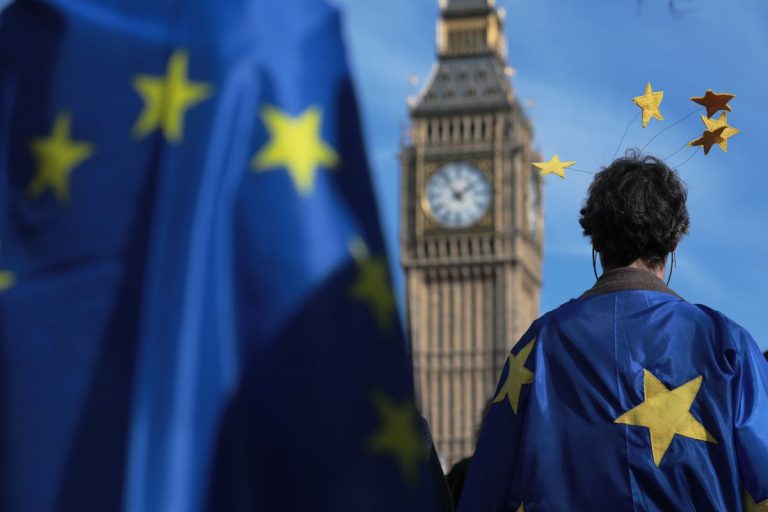What disappointed Britain that they decided to Brexit, that is, to leave the European Union? – Great Britain joined the European Union only during the first enlargement, i.e. in 1973, and this was not accidental. At that time, the European project was generally seen from an economic point of view. From the British point of view, it has gone too far, explained Prof. Anna Paczesniak from the University of Wroclaw. – If we listen to the voices of Euroskeptics in Poland and England, we will hear: “European Union? Yes.” There is very little noise that the European Union should break up because it has no place on the world map. These people mostly say that we should return to the first two decades, when it was only about the elimination of barriers between national states, – explained the expert. WP journalist Patricius Wijga noted that the change of mood in the West led not only to Brexit, but also to the return of Donald Trump and growing support for the disturbing demands of Germany's AfD party. – The problem is to reach citizens and create the belief that the European Union is a good medicine for the ills of the modern world. Rational arguments are more effective in this case: a sense of economic stability, as this is a great advantage of the European Union, a sense of security and predictability, explained Dr. Mateusz Zaremba from SWPS University. The expert here added that the British example is a warning against certain use of the referendum. – Firstly, the British rarely use referendums in their culture. They believe that citizens will not pay politicians for this. Secondly, referendums bring together people who are “against”, because it is always easier to mobilize the opposition to something, and this is a warning to all those who want to decide on such things in a referendum, leaving aside participation in European structures. voting,” said Dr. Zaremba in conclusion. More details in the conversation. The material was developed in cooperation with the European Parliament.

